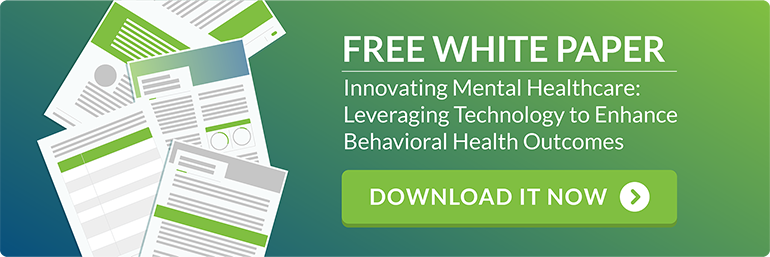Mental Health Stigma in America: What it is, and How to Help
Despite the staggering statistic that one in four people will experience a mental health program in their lives, there is a strong stigma attached to mental illness. Stigma, or the negative stereotype associated with mental health, results in discrimination against an individual as a result of their mental illness and identity. Nearly 90 percent of people with mental health problems say that stigma and discrimination have a negative effect on their lives.
There are two types of stigma that affect those with behavioral health issues. Both types of stigma result in feelings of shame and poor treatment. They are:
- Social stigma – prejudicial attitudes or discriminating behavior directed toward individuals with mental health problems.
- Perceived or self-stigma – the internalizing by the mental health sufferer of their perceptions of discrimination, and perceived stigma.
Public Misperceptions of Mental Health and Media Influence
Many people believe that those with mental illness are violent, dangerous, or likely to attack. In reality, those with mental illness are more at risk of being attacked or harming themselves than other people.
This is exacerbated by the media, which often reports that mental illness is linked to violence, criminal activity, and disability. Negative portrayals of those with mental illness on headline news, articles, and entertainment are connected to the development of fears and misunderstanding around mental illness.
For example, in an analysis of English-language movies released from 1990-2010 that depicted schizophrenia, it was uncovered that most of these characters displayed violent behavior. Furthermore, one-third of these violent characters engaged in homicidal behavior. This negative portrayal of mental health is unfortunately very common and a reinforced bias within the general public.
Effects of Stigma
Self-stigma and public stigma create a breeding ground for stereotypes, prejudice, and discrimination. It has devastating consequences, including:
Decreased feelings of self-worth and self-esteem.
Delays in seeking or receiving treatment, because of feelings of worthlessness and negative beliefs or the lack of support by providers or family members.
Increased homelessness and unemployment. Severe mental illness makes it difficult to remain employed, and as a result, maintain permanent housing. Employment discrimination can be subtle and even unconscious.
Higher rates of incarceration. Too often, the justice system incarcerates people with mental illness instead of providing necessary treatment. Also, mental health stigma can result in a person being viewed as a less credible witness in a court proceeding, or a less capable parent in family court.
How to Stop Stigma and Discrimination
Talk openly about mental health
Talk openly, without shame or self-consciousness, about your own experiences of mental illness. If you sense that someone close to you is struggling, be courageous and ask them how they are doing. If you are struggling personally with mental health, reach out to someone close to you. Confide in a loved one about your struggles and ask for help if you need it.
Be conscious of language
Words are a powerful way that we perpetuate many stigmas. Here are some ways to adjust your language to be more accepting:
Use person-first language (for example – “a person experiencing bipolar disorder” vs. “a bipolar person”)
Don’t use mental health conditions as adjectives. The weather is not “bipolar” today, and you are not “OCD” because you like to be organized.
Don’t refer to someone as “crazy,” “psychotic,” or “insane.”
Show compassion for those with mental illness
Your support for other people and their recovery can make all the difference in the word. Feeling support is one of the most essential aspects of recovery for a person. A few minutes of your time can change a person’s life.
Understand mental health rights
In the United States, it is illegal for an employer to discriminate against a person simply because of a mental health condition. This includes harassment, firing the person, rejecting them for a job or promotion, or forcing them to take leave. For more information about discrimination and the rights of those with mental illness, visit the NAMI website.
Squashing Stigma with Central Jersey Family Health Consortium
The CJFHC Maternal Child Health Personal Concierge helps prenatal and postpartum women with Opioid Use Disorder (OUD). Through this program, the organization is able to combat the stigma that women with OUD face every day.
Stigma surrounding mental health is a pervasive barrier that can be ameliorated with a combination of education, awareness, resources, and positive change.







Find Us Online